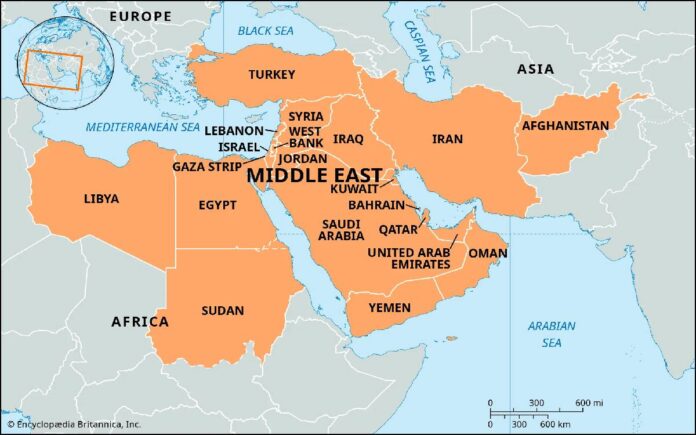Gaza Strip / Amman: In a serious blow to Hamas and its ideological ally the Muslim Brotherhood, Jordanian security forces have foiled a major terror plot aimed at destabilizing the kingdom. The government has confirmed the arrest of 16 individuals linked to the conspiracy, which involved the manufacturing of rockets and drones—a major escalation in the region’s ongoing conflict dynamics.
According to an official statement, the thwarted plot was intended to undermine Jordan’s national security and create widespread chaos. Intelligence reports suggest that the attempt was driven by retaliation against Jordan for its covert and diplomatic support to Israel, particularly in the wake of rising regional tensions involving Hamas.
Notably, Jordan’s King Abdullah II, a direct descendant of Prophet Muhammad, is a respected figure across the Gulf and has maintained a firm stance against extremist ideologies. The involvement of the Muslim Brotherhood, an organization with historical links to Hamas, has drawn sharp responses from multiple regional players.
As reported by the Jerusalem Post, the Brotherhood’s ability to develop weapons like rockets and drones domestically marks a dangerous shift—highlighting the group’s evolving technical capabilities beyond traditional smuggling networks. This has triggered heightened concern across the Middle East, with countries like the UAE already classifying the Muslim Brotherhood as a terrorist organization and ramping up security coordination with Jordan.
Ideological and Political Ramifications
The Muslim Brotherhood, long active in Jordan through various political channels, was officially dissolved in 2020, signaling a firm rejection of its influence in Amman. In 2024, Jordan also banned the Brotherhood’s political wing, the Islamic Action Front, from using election symbols resembling those of Hamas—indicating a broader effort to cut off ideological support to extremist factions.
The latest development has left Turkey and Iran—nations known for backing groups aligned with the Brotherhood—visibly rattled. Turkish President Recep Tayyip Erdoğan’s ruling AKP party shares ideological roots with the Muslim Brotherhood, and Qatar, another supporter, is also under scrutiny for its continued promotion of Brotherhood-linked activities.
Regional Response and Outlook
With Jordan taking a strong stance against the spread of extremist ideologies within its borders, Palestinian authorities have expressed support for the Hashemite Kingdom’s sovereignty and security. Meanwhile, other Gulf states, particularly the UAE, are reportedly increasing intelligence collaboration with Jordan in light of the threat.
This development highlights the growing complexity of the regional power struggle, where ideology, security, and geopolitics intersect. The dismantling of this terror cell not only weakens Hamas’s ambitions but also signals a significant strategic win for Jordan in the fight against extremist threats.



